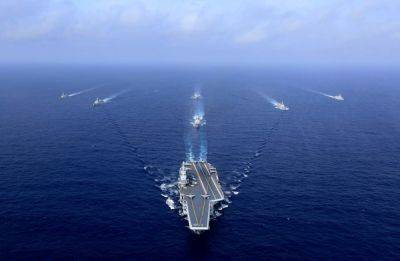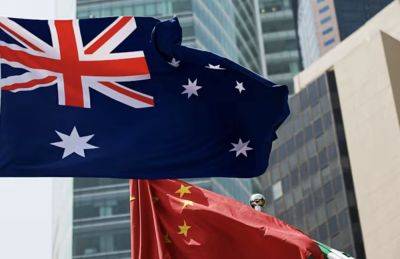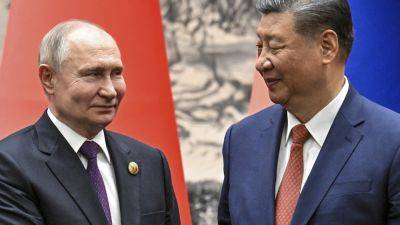China’s push into Africa makes good strategic sense
China’s relationship with Africa is set to deepen. At a summit in Beijing in early September, China’s president, Xi Jinping, pledged to deliver US$51 billion in loans, investment and aid to the continent over the next three years, as well as upgrading diplomatic ties.
Beijing’s close engagement with Africa is not new. Since 1950, the first overseas trip of the year for Chinese foreign ministers has almost always been to one or more African countries. But Xi’s commitments are still sure to raise concerns in the US and other Western countries, which are competing with China for global influence.
They may well also bring back fears of China using “debt-trap diplomacy” to push African countries into default and thereby gain leverage over them. Such is the strength of this narrative that South Africa’s president, Cyril Ramaphosa, felt compelled to deny it at the summit.
The notion of Chinese debt traps, particularly the infamous case of Sri Lanka’s port of Hambantota, which, in 2017, the Sri Lankan government leased to a Chinese company to raise liquidity, has been debunked several times.
But as African populations and economies grow and China’s engagement with them continues to deepen, it is important to understand what China hopes to achieve with its diplomacy.
China’s engagement with Africa is strategic as well as economic. Whether it’s gaining votes at the UN, better access to resources, or increasing the international use of its currency, China’s diplomatic relations with Africa play into its ambitions of being a major player in a multipolar world.
The long game
From a purely economic perspective, Africa is a potentially lucrative market for China. With its under-served market and booming population, the scope for







